Bob Dylan has written songs on just about every topic you can imagine during his illustrious career. But we feel safe in saying the topic of fracturing relationships ranks pretty high on the list of his most tackled subjects.
Videos by American Songwriter
Perhaps none of those songs of damaged love have ever approached the epic nature of “Idiot Wind”, a centerpiece of Dylan’s landmark 1975 album Blood On The Tracks. In the song, he uses some crucial lines near the end to turn everything on its ear.
Painting a Classic
Nowhere will you find a quote where Bob Dylan admits that he wrote Blood On The Tracks about his deteriorating relationship with his first wife, Sara. The timing of it is hard to ignore, though, as Bob and Sara did separate around the time the record was made. (They briefly reconciled a few years later but divorced in 1977.)
Dylan has admitted that the painting lessons he was taking from Norman Raeben had a significant impact on the album’s writing. As a painting could contain separate sights and ideas in each portion of the canvas, Dylan’s songs began to leave behind a linear narrative and tell different stories with practically each new verse.
“Idiot Wind” certainly takes that winding, elusive path. At times, the song seems to be castigating the press for the assumptions they made about Dylan’s personal life. But there’s no doubt that the song gets mighty personal as it progresses, aiming a whole lot of bile at an unspecified target.
“Wind” Machine
Dylan’s wordplay is the stuff of legends. But it doesn’t get much simpler or more direct than these lines in the chorus: “You’re an idiot, babe/It’s a wonder that you still know how to breathe.” When you hear something like that, you might think that no benign feelings still linger between these two people.
The wordplay comes in the verses, as Dylan acrobatically builds his case with boxcars burning and beasts howling. Again, we can never be sure if he’s referring to a larger group of offenders or a single person at any given time. But certain lines likely indicate a narrowing of the focus to a specific someone at whom he’s lobbing these bombs.
For example, consider the following volley. “I noticed at the ceremony,” he howls. “Your corrupt ways had finally made you blind/I can’t remember your face anymore/Your mouth has changed/Your eyes don’t look into mine.” These themes of betrayal and lack of recognition keep popping up as he vents.
From I to We
There’s nothing particularly wrong with a one-sided song. Many have written them before, and Dylan has penned a few great ones himself. But there’s something to be said about an even-handed account from a narrator who’s willing to look in the mirror when assessing the situation.
In the final pre-chorus, Dylan appears as if he’s continuing his ambush. “You’ll never know the hurt I suffered,” he complains. “Nor the pain I rise above.” That’s when he changes everything. “And I’ll never know the same about you,” he explains. “Your holiness or your kind of love.”
At that point, all the anger seeps out of him, replaced by regret. “And it makes me feel so sorry,” he admits. In the final chorus, they’re suddenly both idiots. With that bold stroke, Bob Dylan added some neutral colors to the tortured tapestry of “Idiot Wind”.
Photo by Brian Moody/Shutterstock







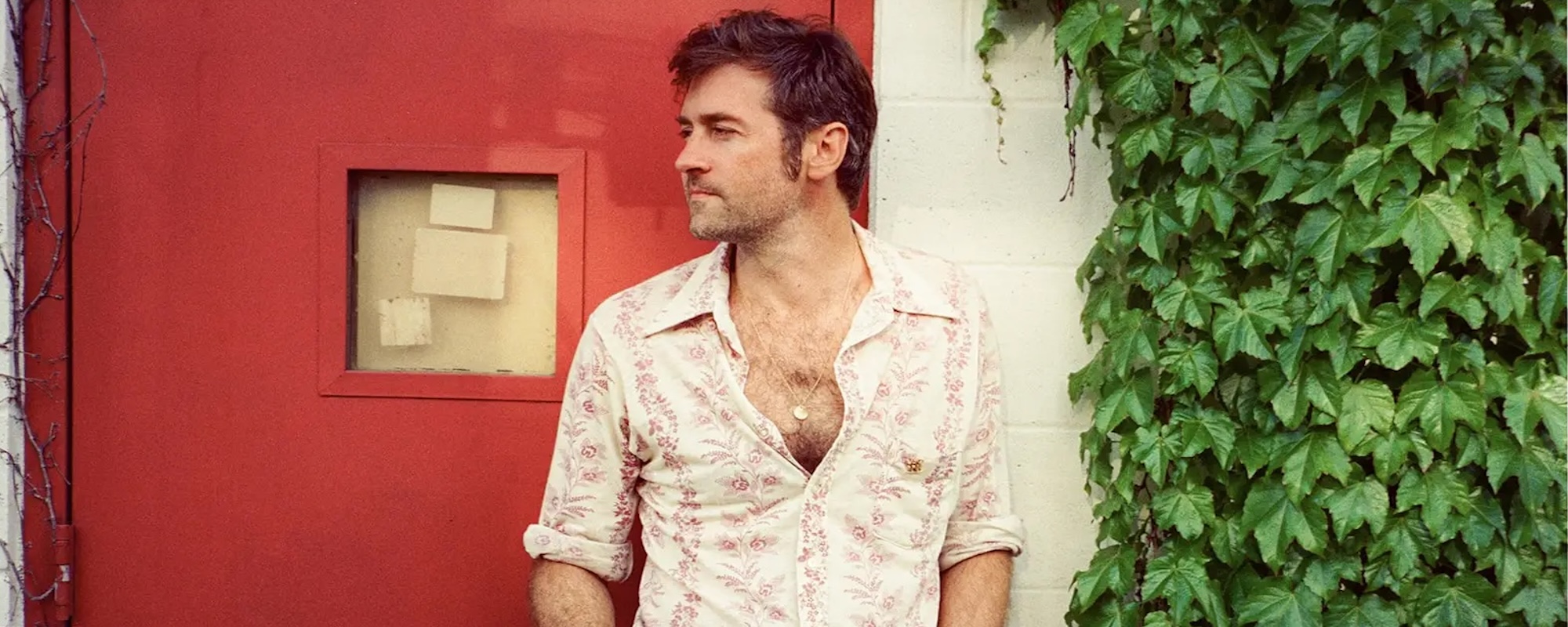

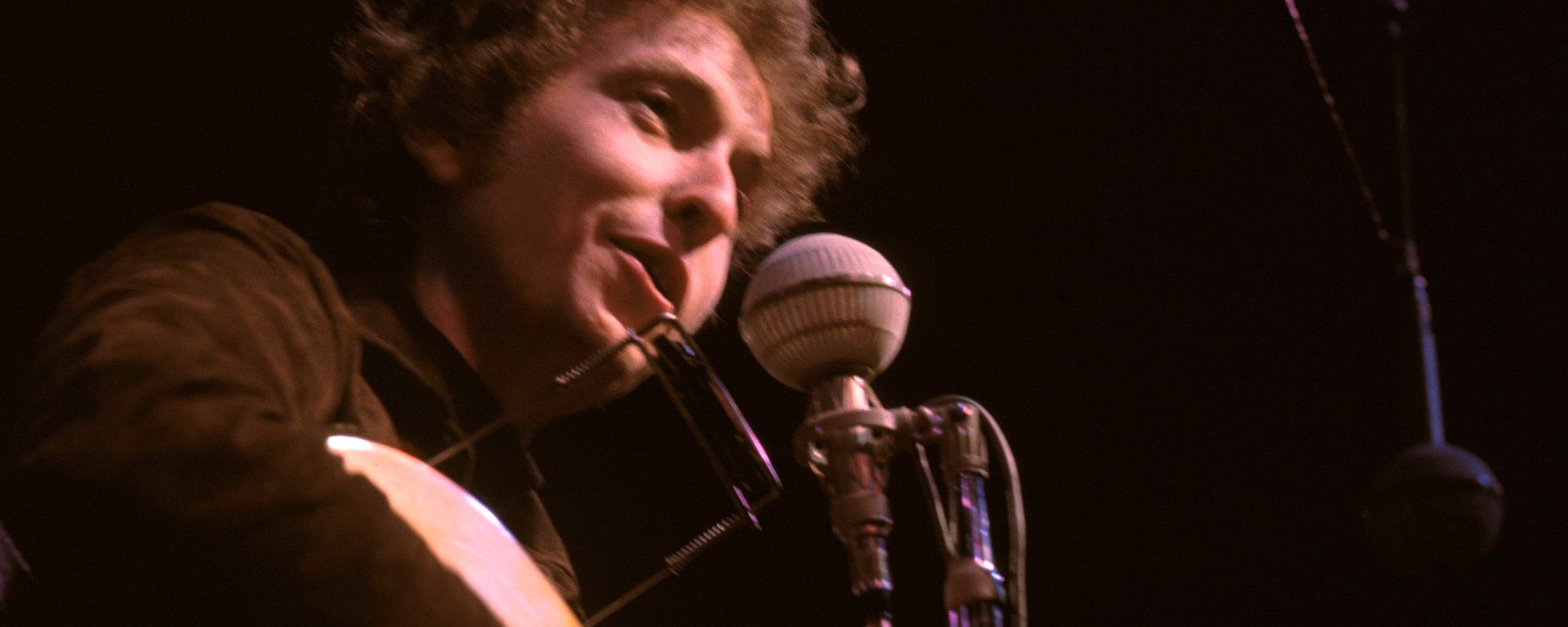
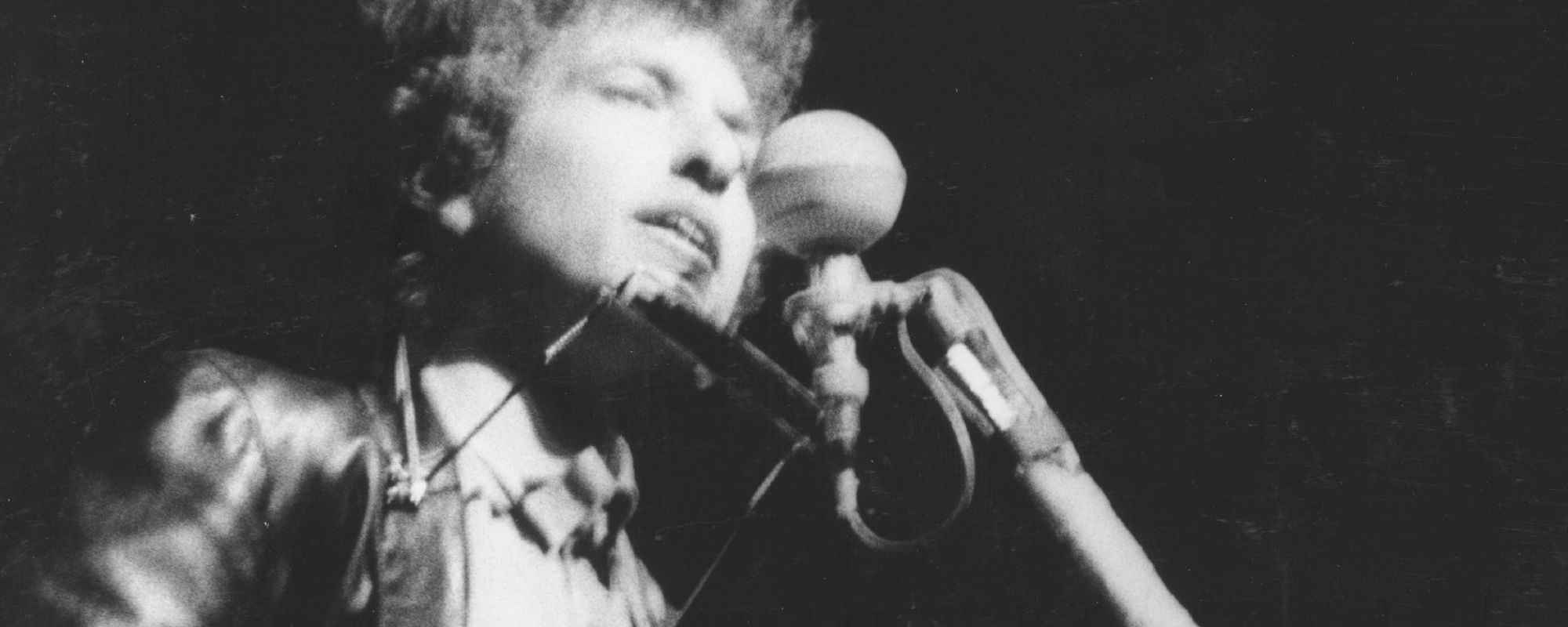
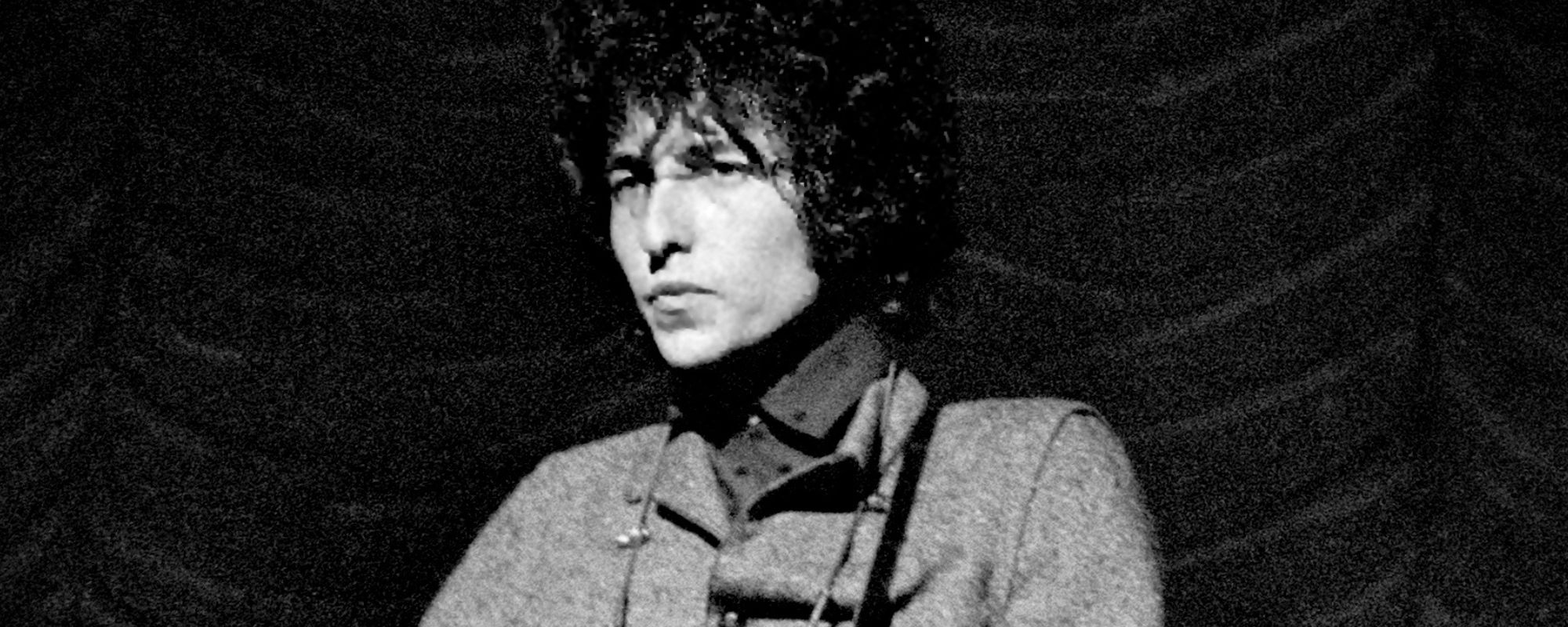
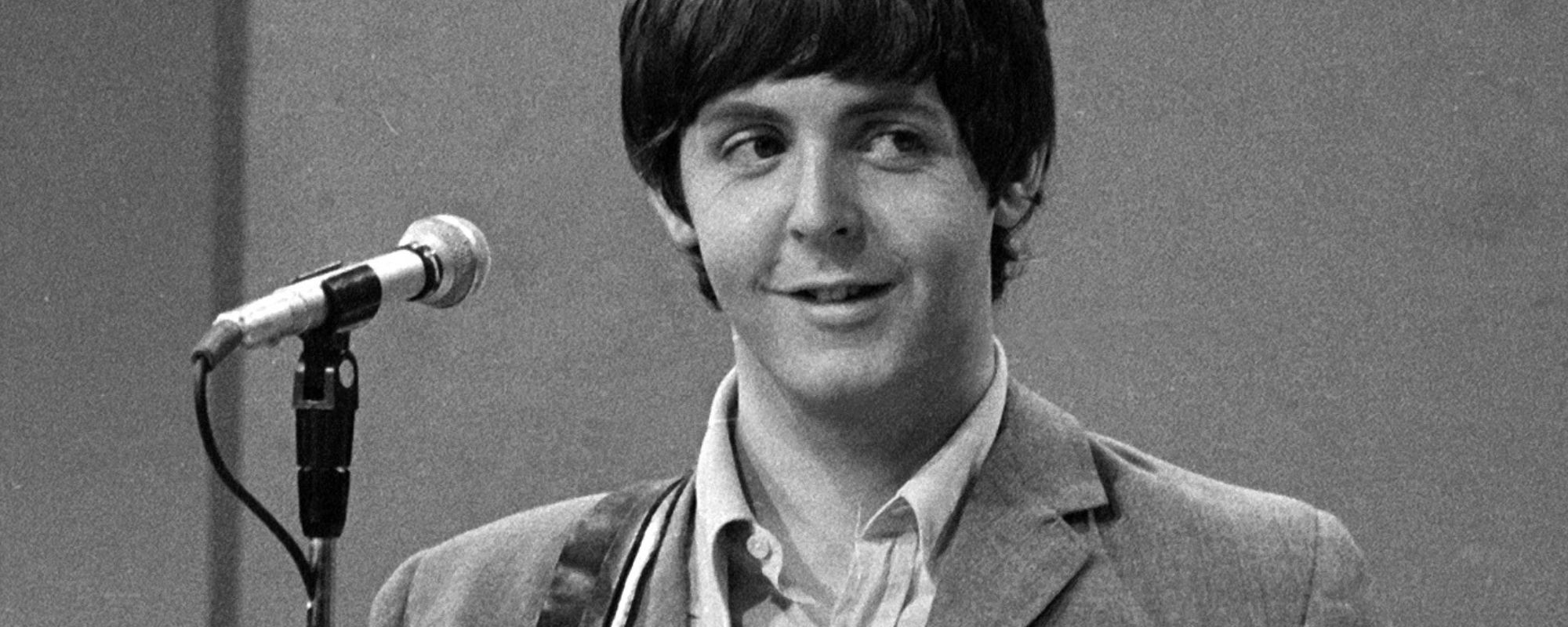
Leave a Reply
Only members can comment. Become a member. Already a member? Log in.